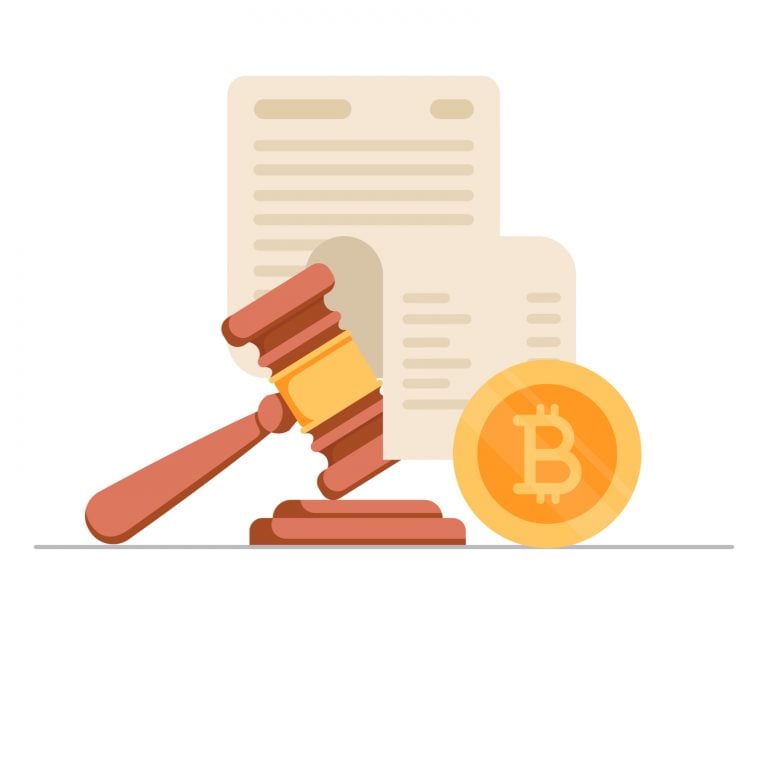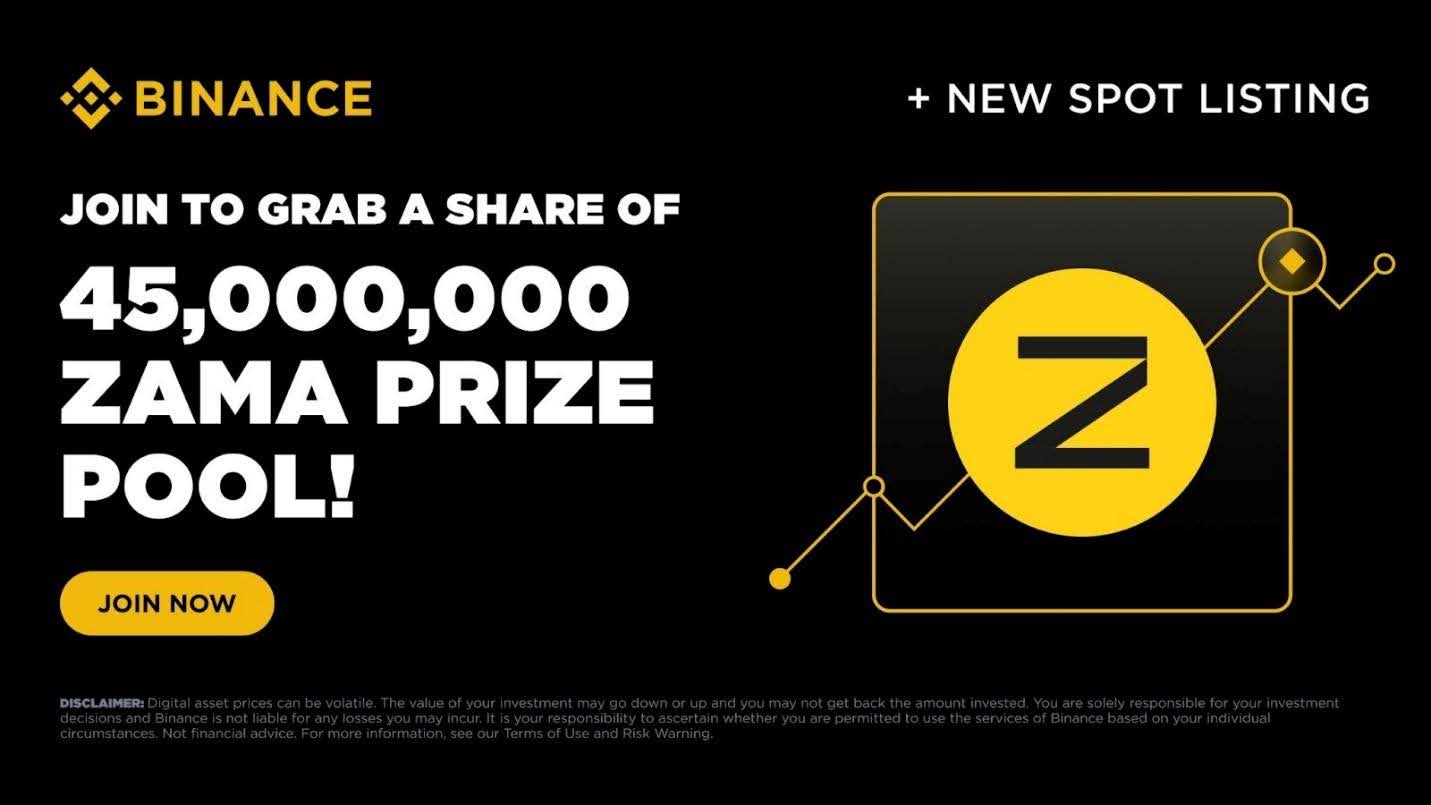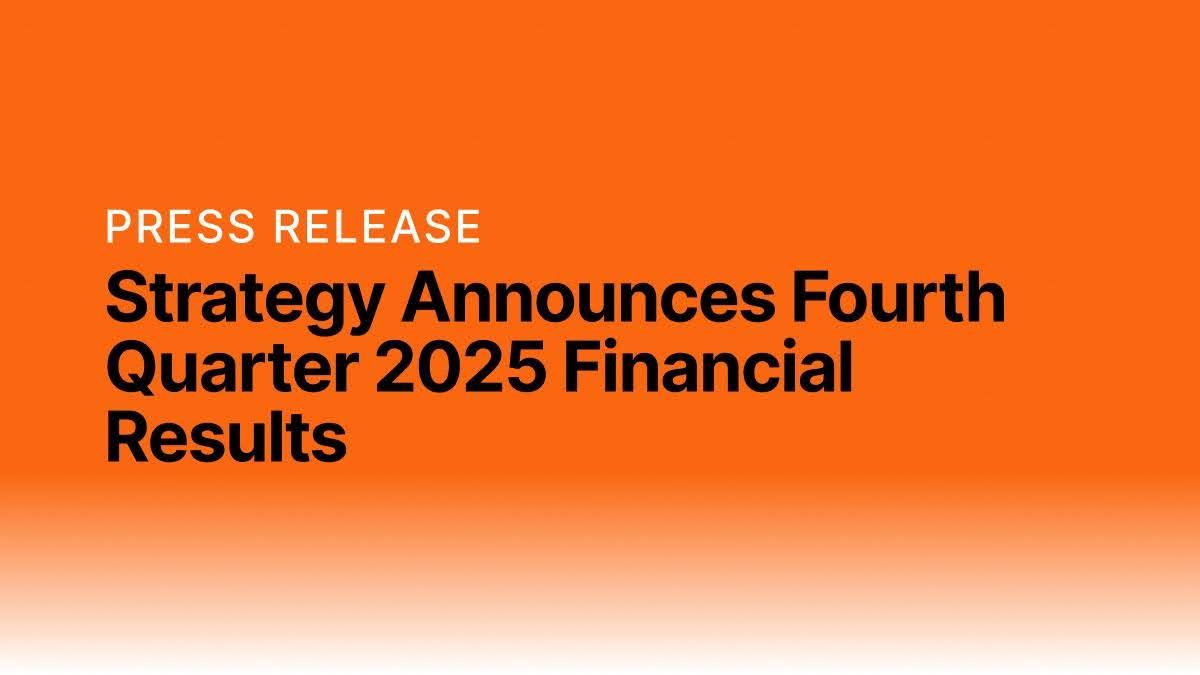2018-12-26 23:50 |
There is a debate among regulatory agencies and experts in the cryptocurrency world that is related to Bitcoin (BTC) being considered a commodity or not.
In general, the virtual currency space lacks the regulatory clarity that many other assets have. This is clearly not a positive thing for virtual currencies.
During a conversation with Crypto Briefing, professor Emilios Avgouleas talked about virtual currencies and the future of the regulatory space. Avgouleas is affiliated with IOHK, which is behind Cardano’s (ADA) development. At the same time, he holds the Chair in International Banking Law and Finance at the University of Edinburgh. He explained that if the crypto community does not get serious about properly defining virtual currencies, regulators might be able to destroy them.
He said that due to the fact that Bitcoin does not have a physical representation, it cannot be considered a commodity.
“A commodity needs to be a tangible entity. Bitcoin, for instance, doesn’t have any physical representation and therefore isn’t a commodity. The idea that you can have a Bitcoin future is a massive misunderstanding. To my mind, they [CME and Cboe] were as wrong as it gets.”
More than a year ago, the Chicago Mercantile Exchange (CME) launched Bitcoin futures contracts. After this, Bitcoin reached $20,000 per coin, the highest price ever recorded by the popular virtual currency. Since that moment, Bitcoin dropped more than 80%.
Futures contract are specifically designed for exchanging commodities at a specific date and for a certain price. Although they were created for stabilizing commodity prices, they are now used to speculate on Bitcoin.
At the same time, Bitcoin has been considered a commodity by a U.S. judge back in March. The Chicago Boards Options Exchange (CBOE) has also launched Bitcoin futures contracts.
Although there are several agencies and individuals that consider Bitcoin a commodity, Avgouleas explains that Bitcoin is not tangible. That means that it might not be possible to consider Bitcoin a security. If regulatory entities believe that Bitcoin is a commodity, then it creates friction in the market.
For Avgouleas, virtual currencies are a specific asset class that have different features with benefits and their own risks as well. There are different entities around the world that are trying to regulate virtual currencies and provide clarity to investors.
origin »Bitcoin price in Telegram @btc_price_every_hour
Commodity Ad Network (CDX) íà Currencies.ru
|
|




















